CONTACTAbout UsCAREER OPPORTUNITIESADVERTISE WITH USPRIVACY POLICYPRIVACY PREFERENCESTERMS OF USELEGAL NOTICE
© 2025 Equal Entertainment LLC.
All Rights reserved
All Rights reserved
Scroll To Top 
































![]()
By continuing to use our site, you agree to our Privacy Policy and Terms of Use.
Our Diversity Is Our Strength
It is not easy being lesbian, gay, bisexual, or transgender, especially in the world of moviemaking, where stigma still closes doors to queer filmmakers and the stories they try to tell about our community. But as the directors of this year's Outfest Film Festival prove, sometimes being LGBT can be one's greatest strength. We asked them why. Read their stories. Then head over to Outfest, which runs July 7 -17 in Los Angeles, to watch their extraordianary productions.
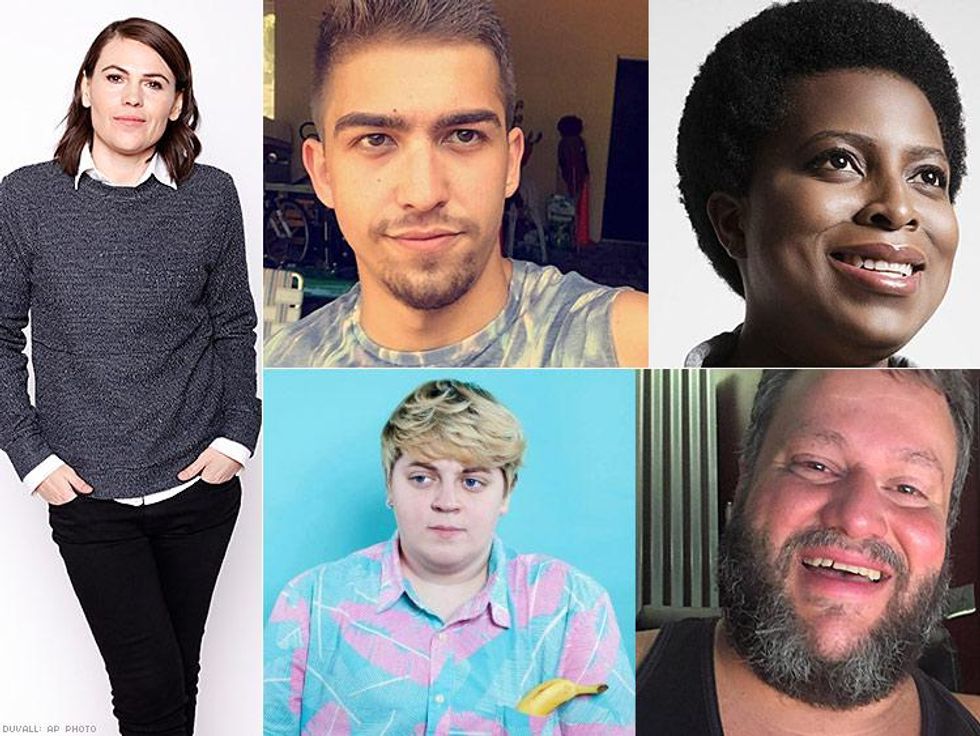
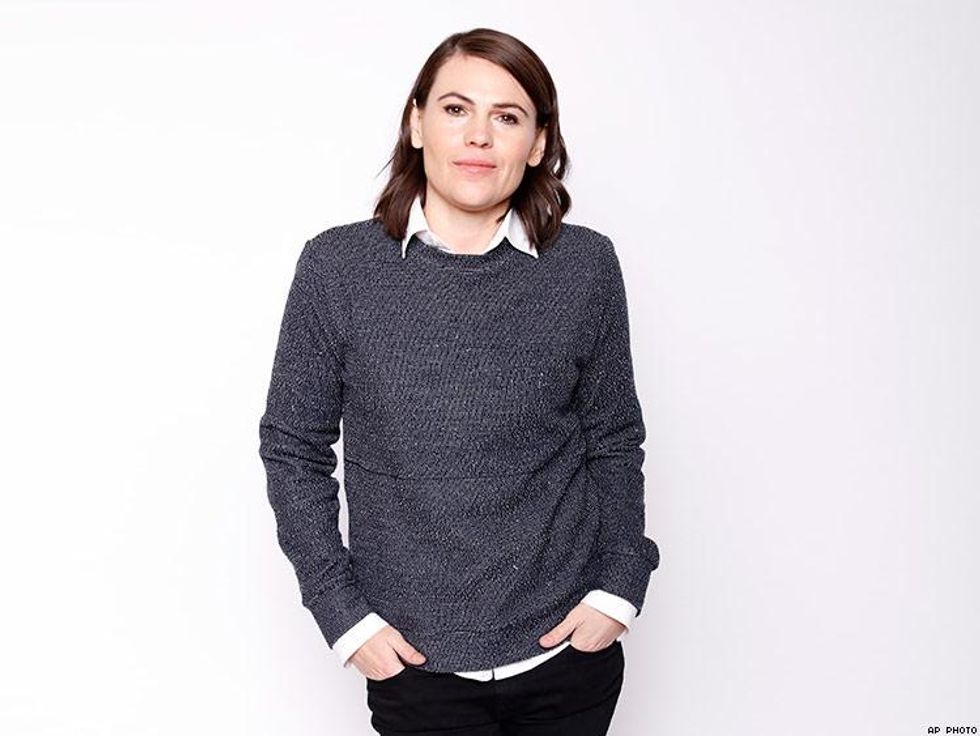

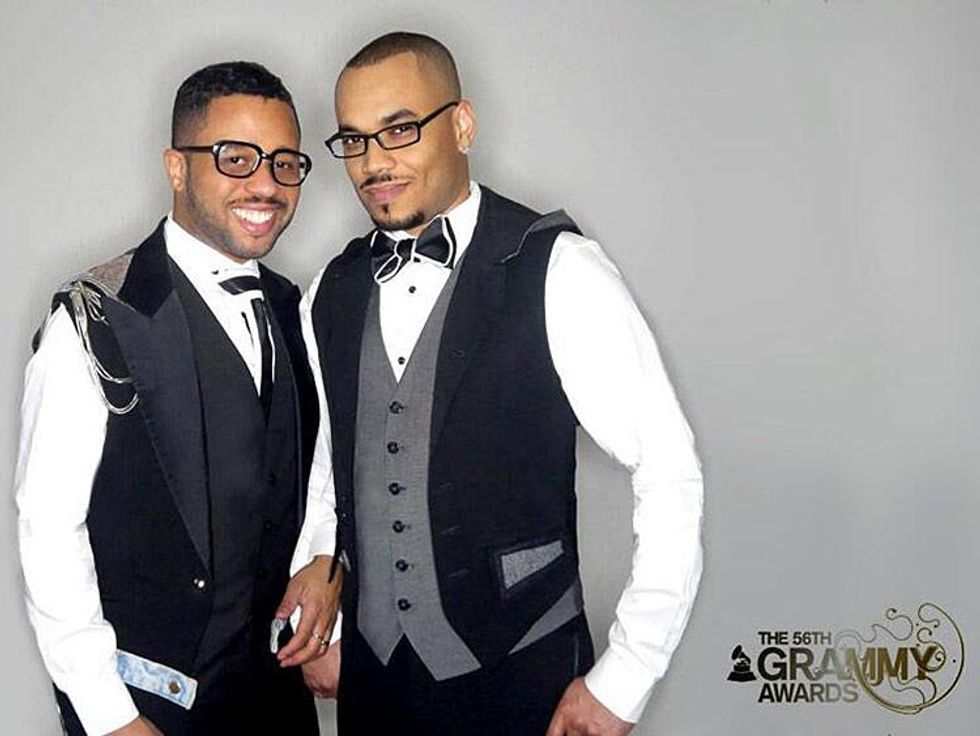
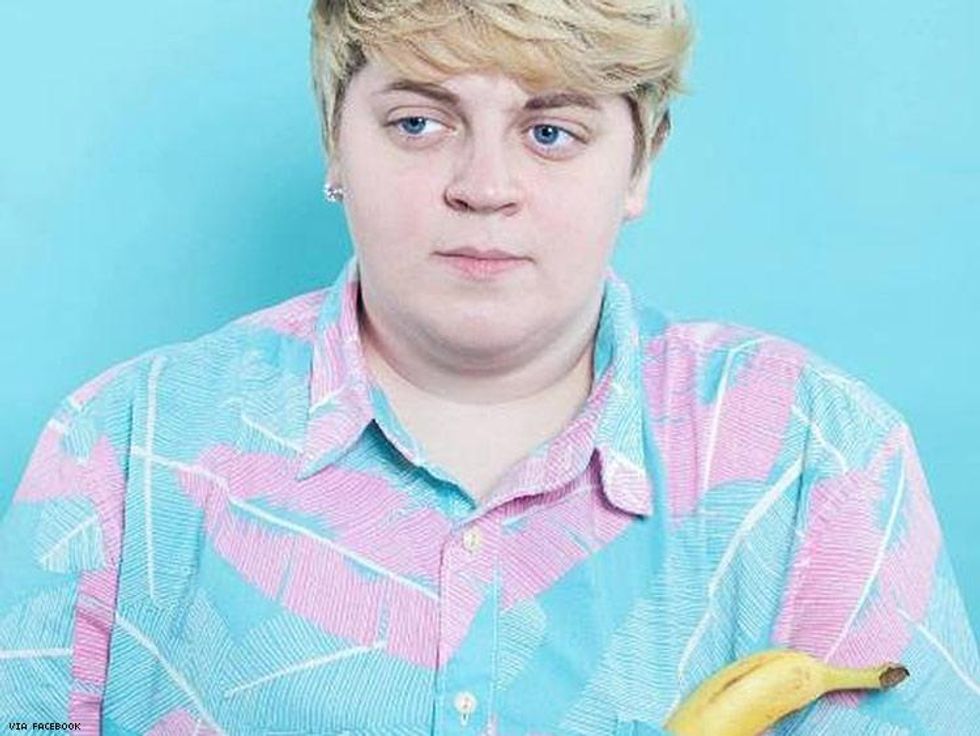
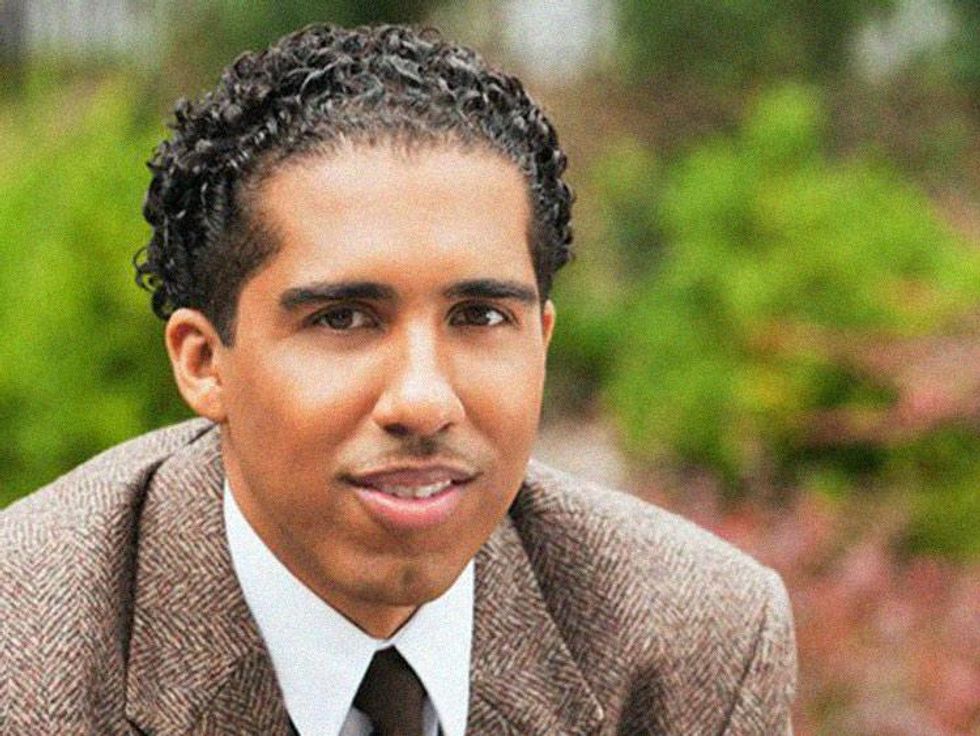
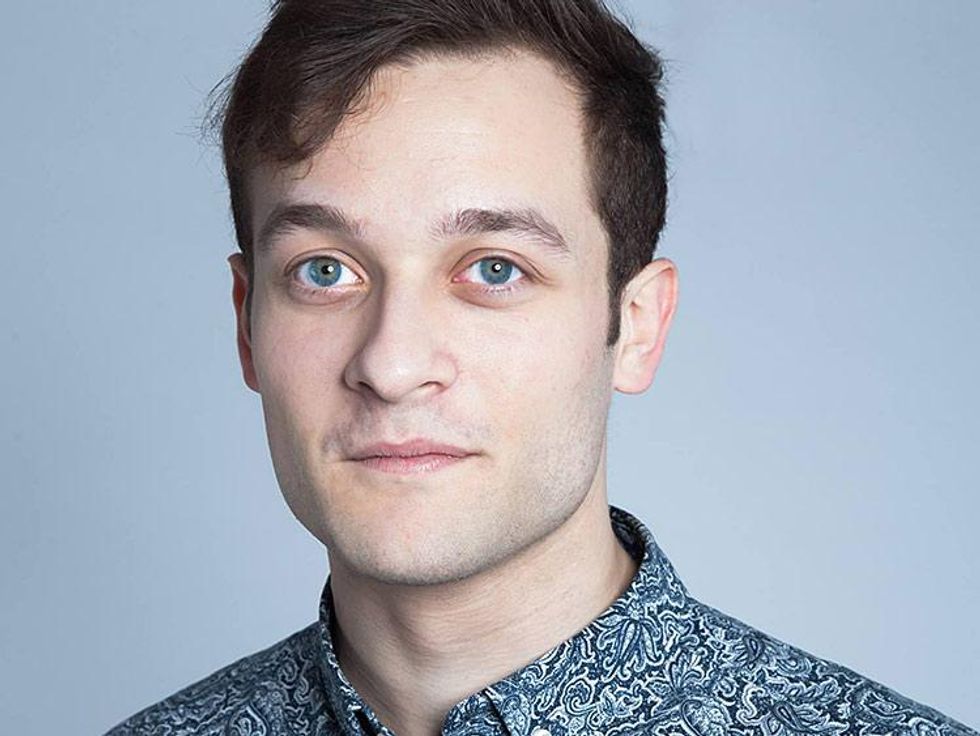
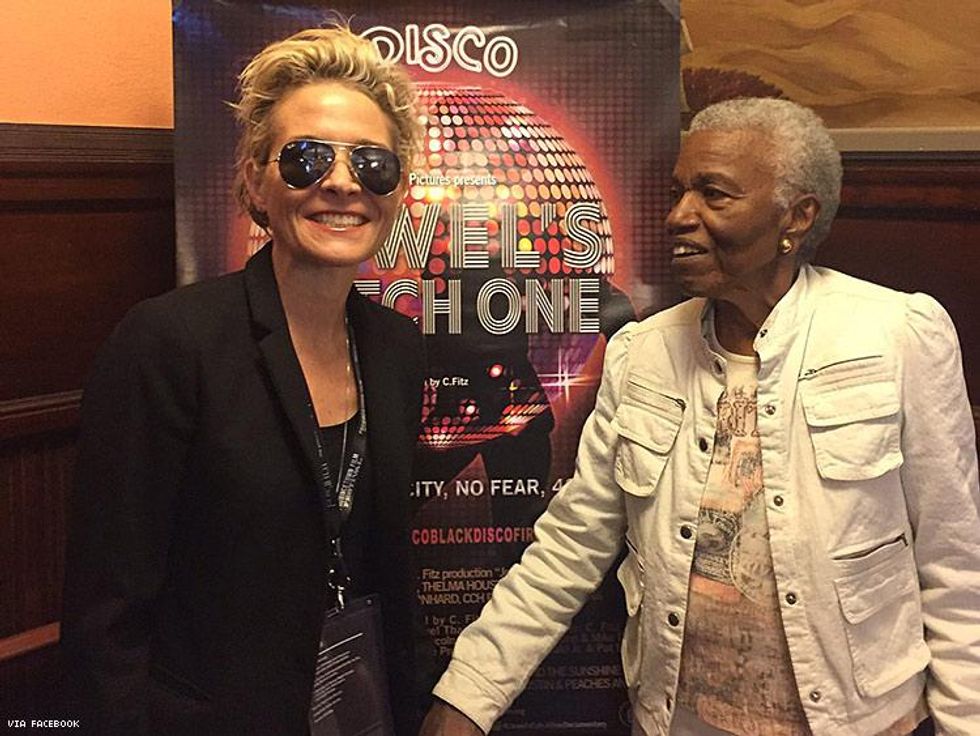
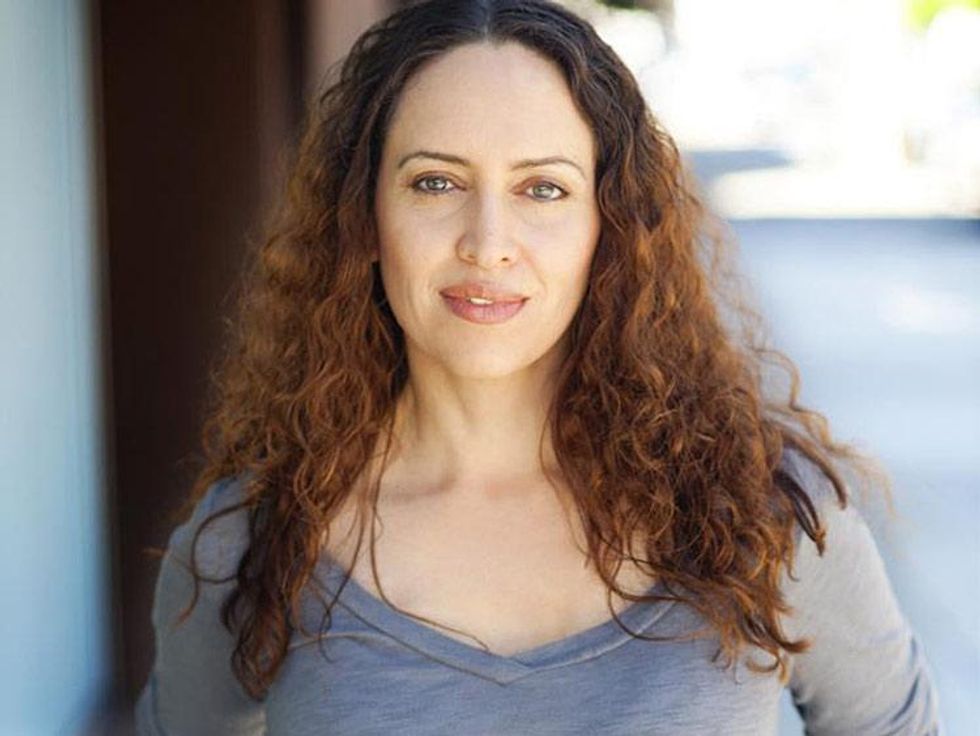
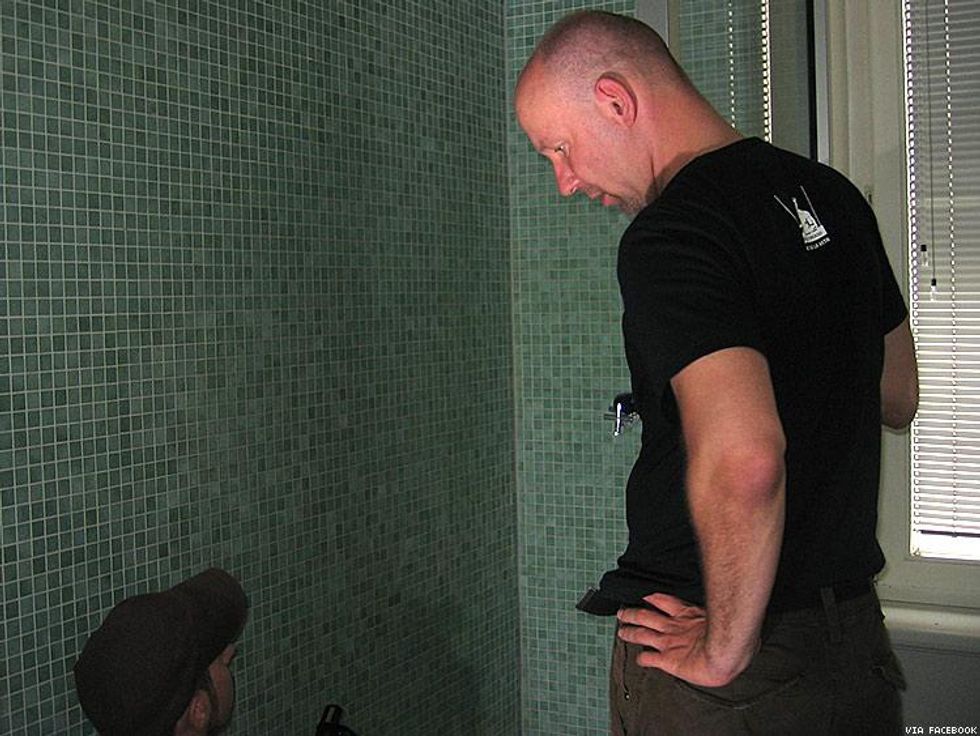
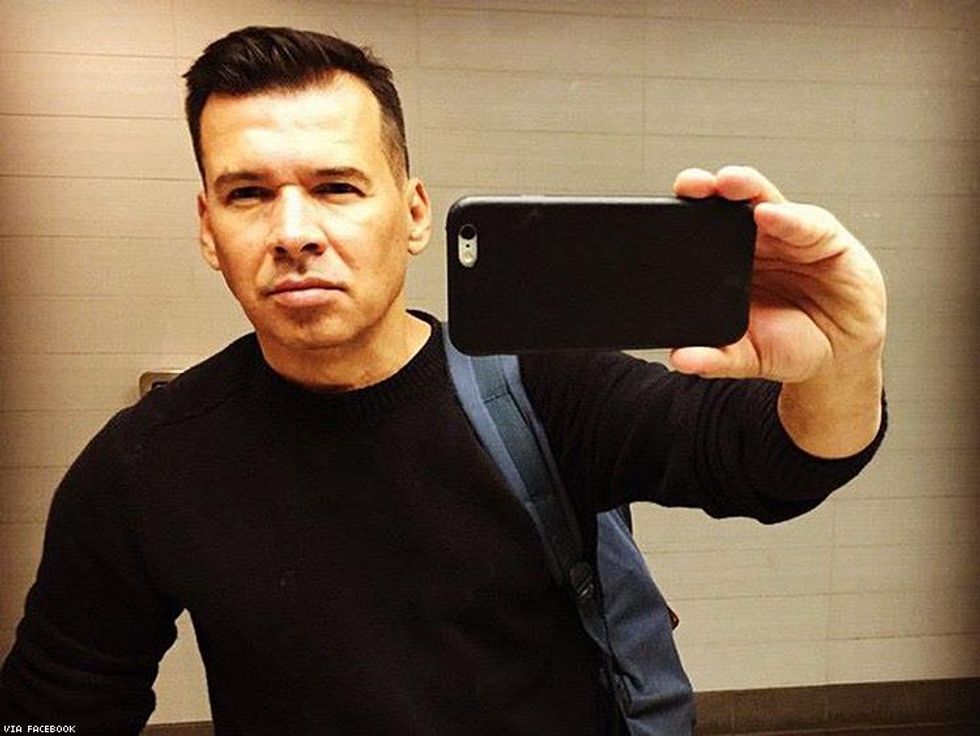
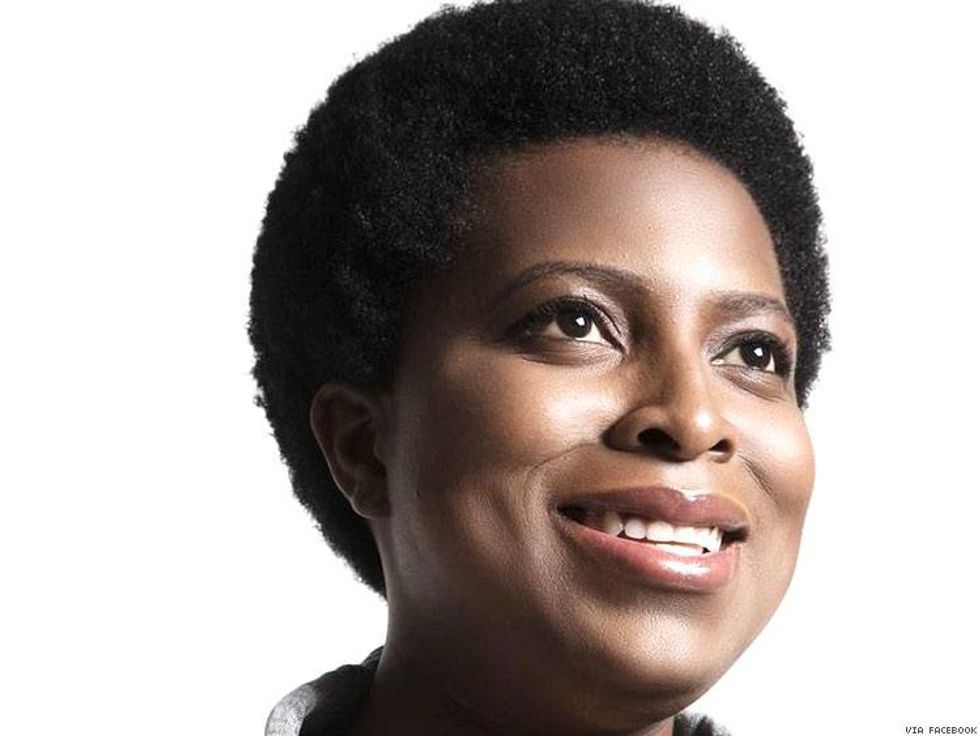
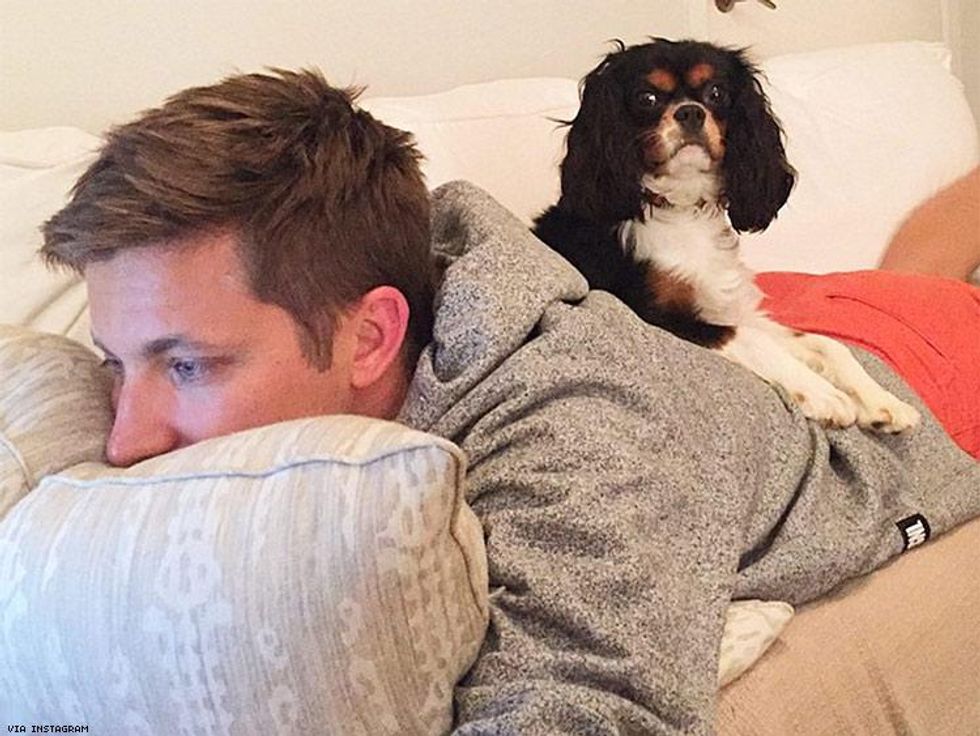
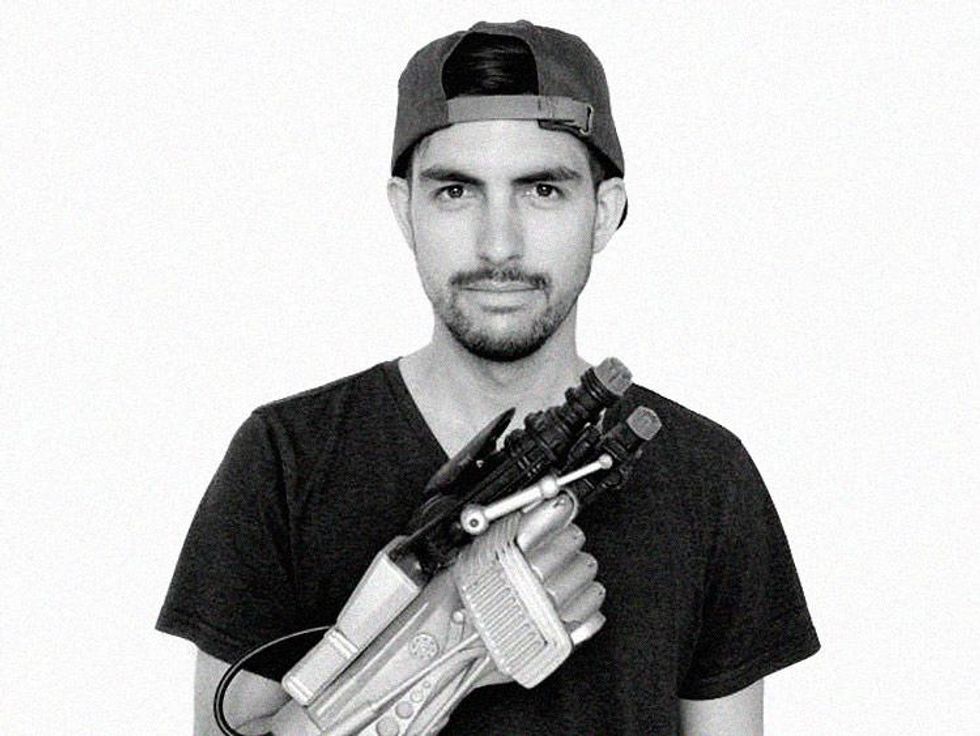
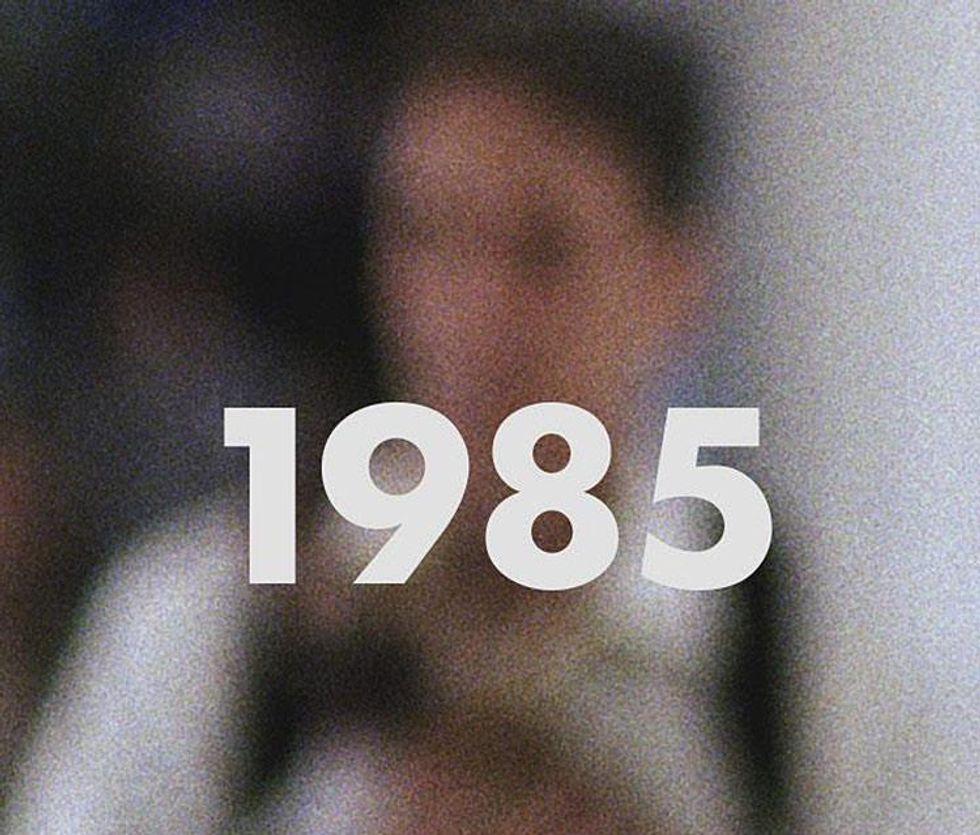
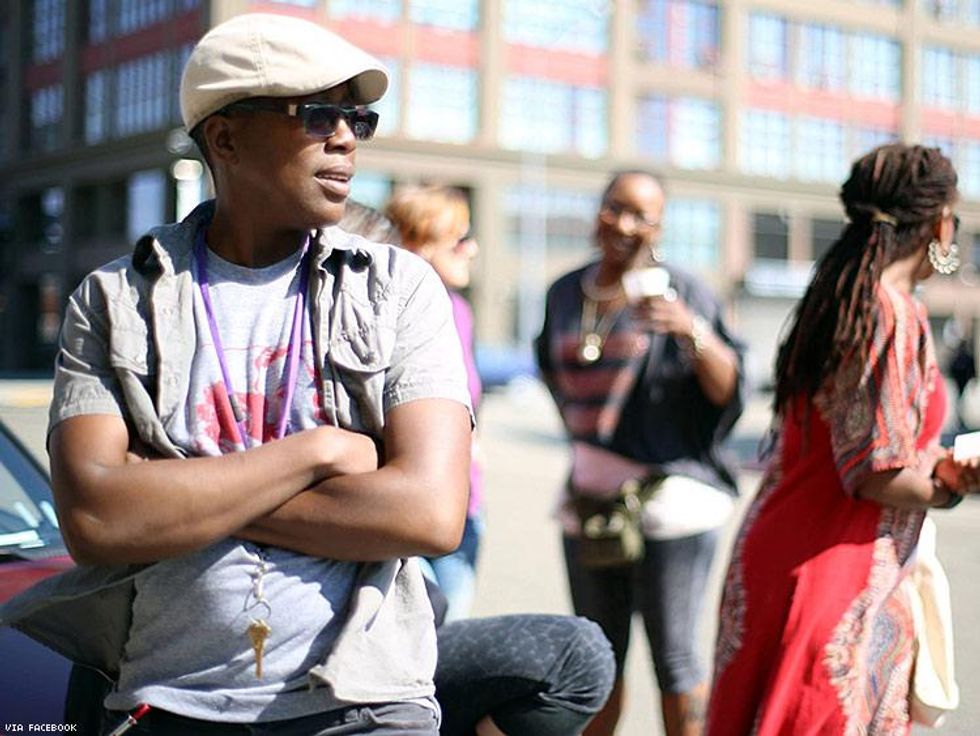
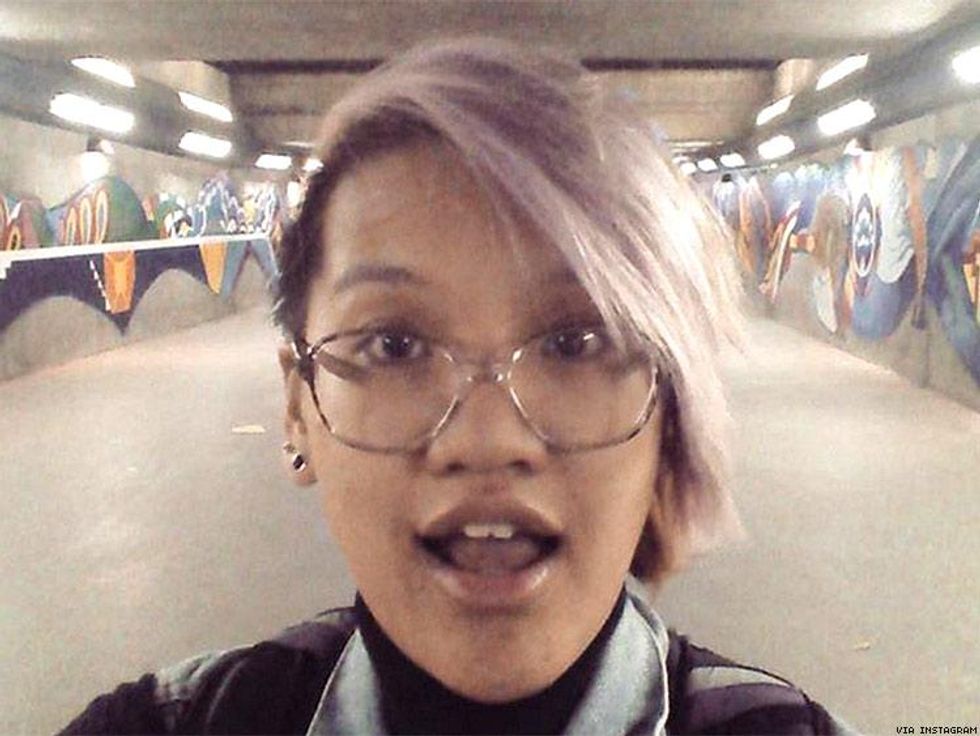
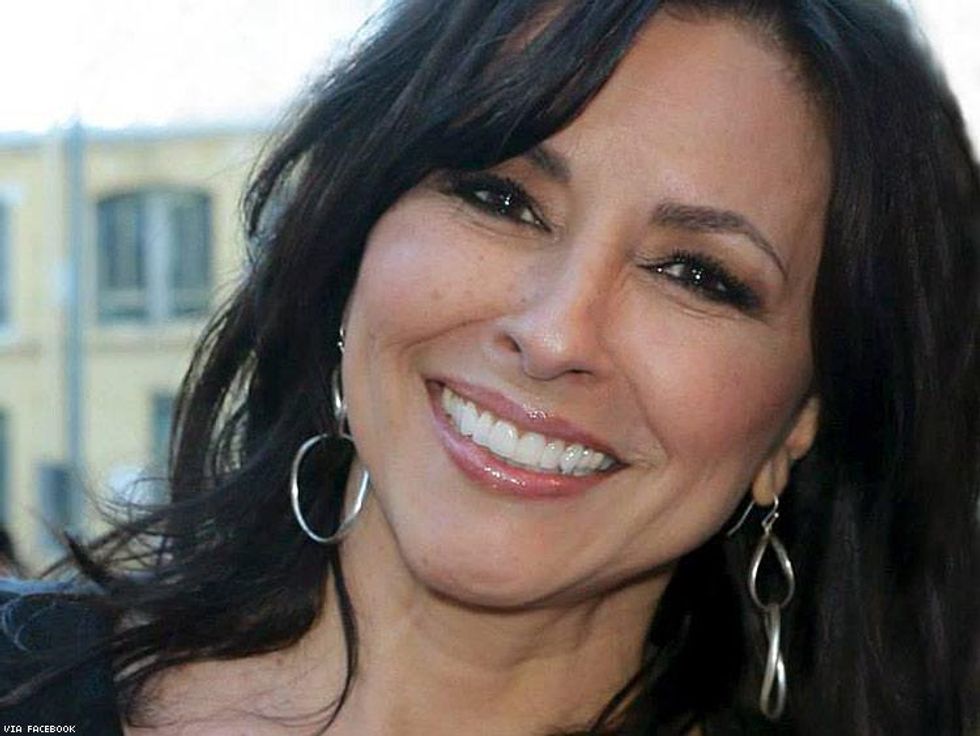
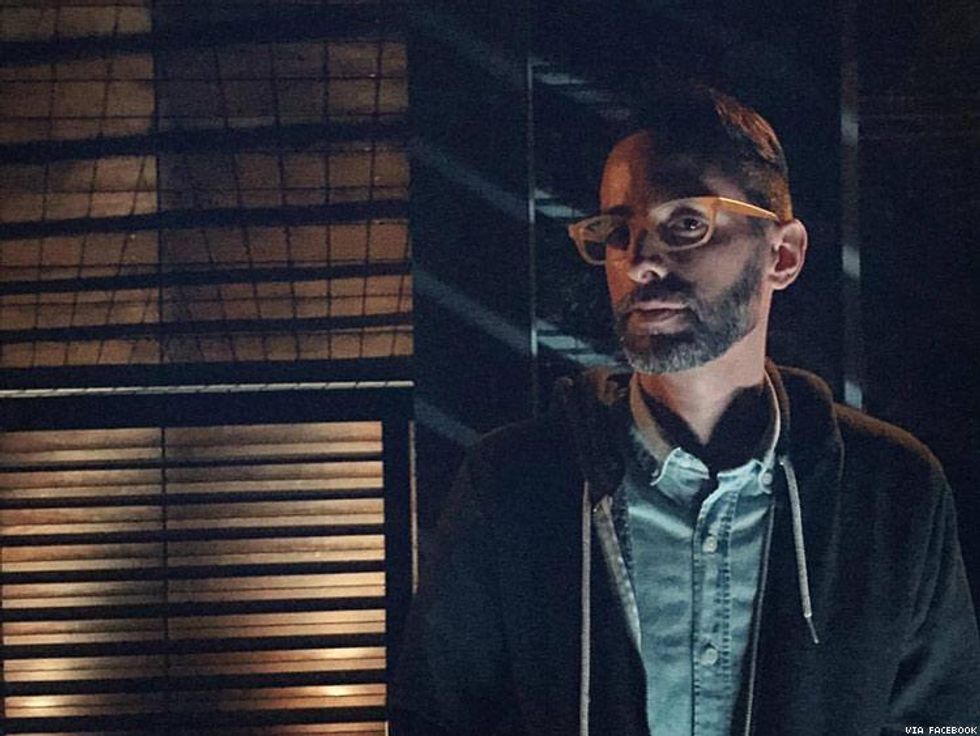
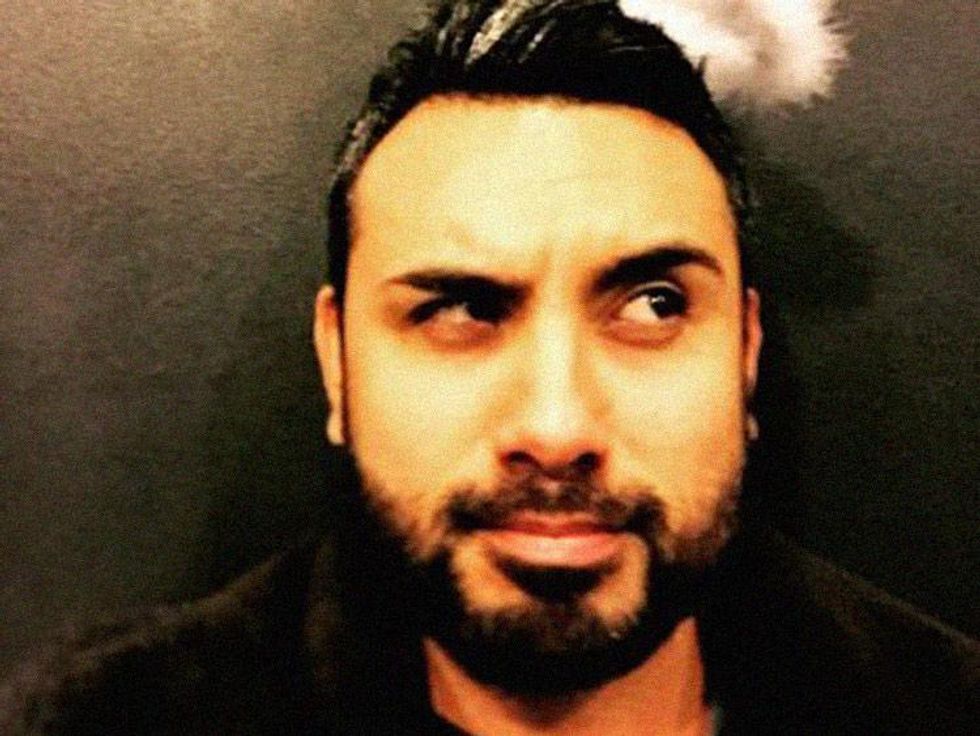

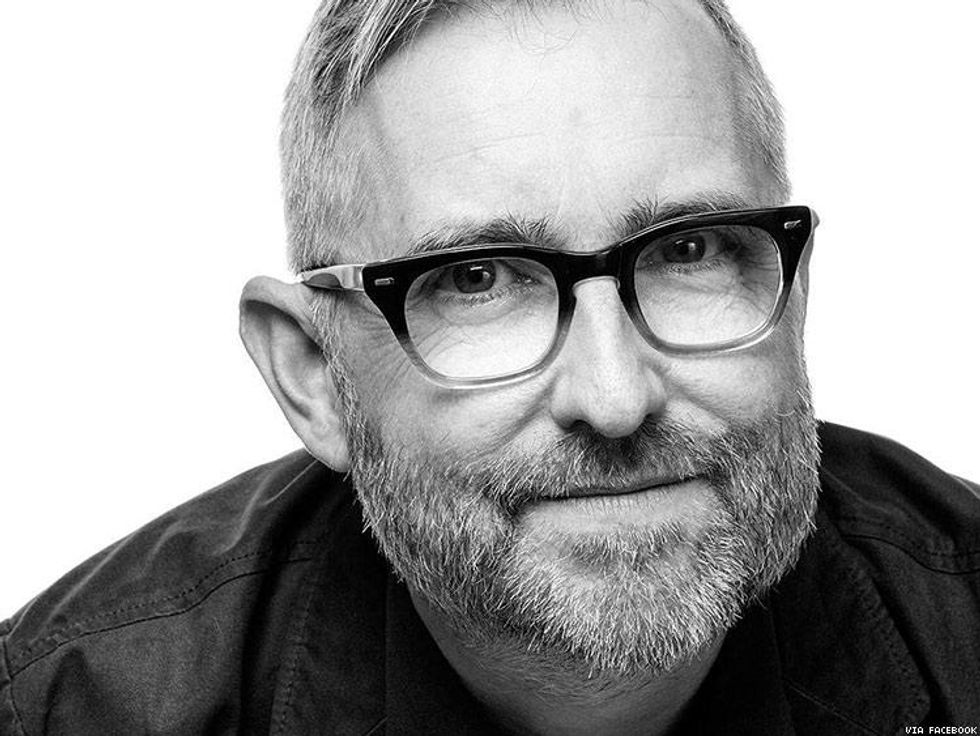
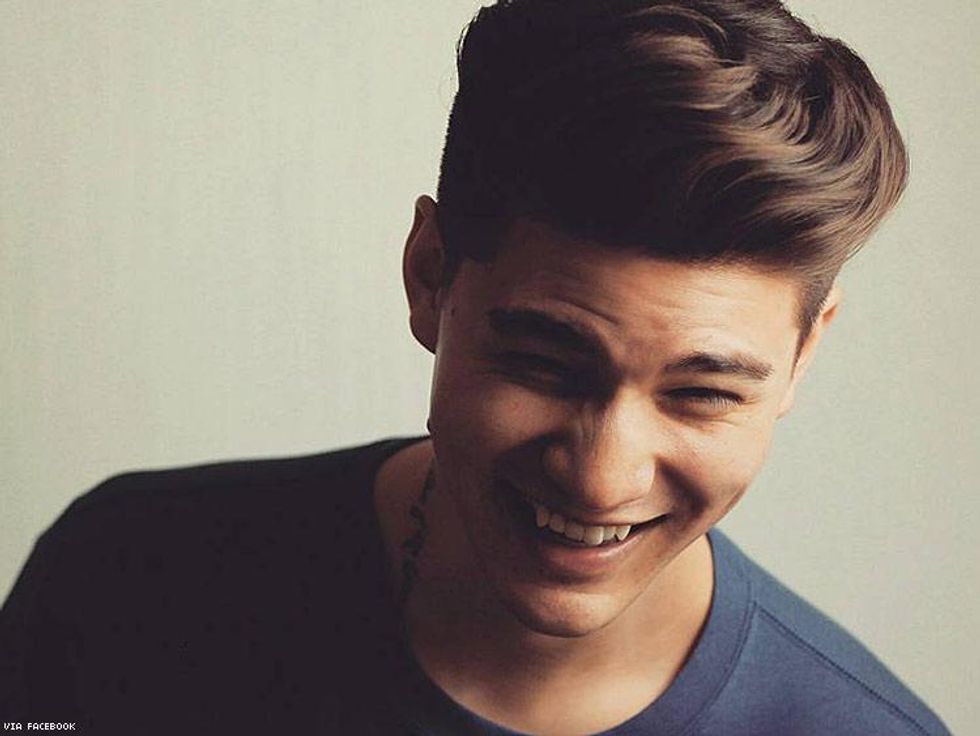
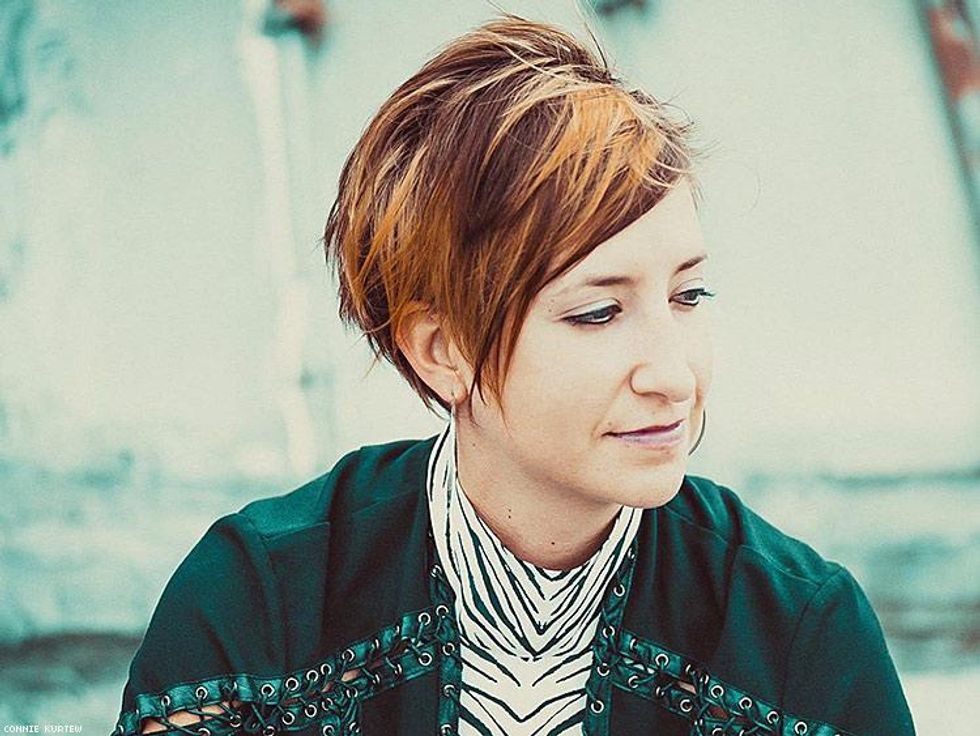
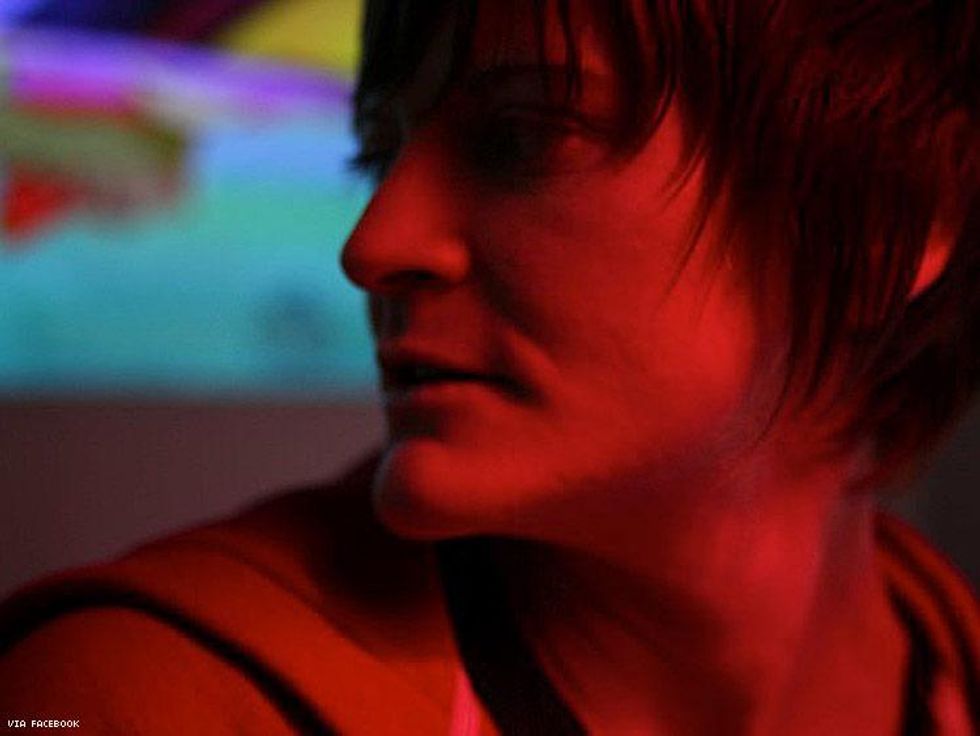
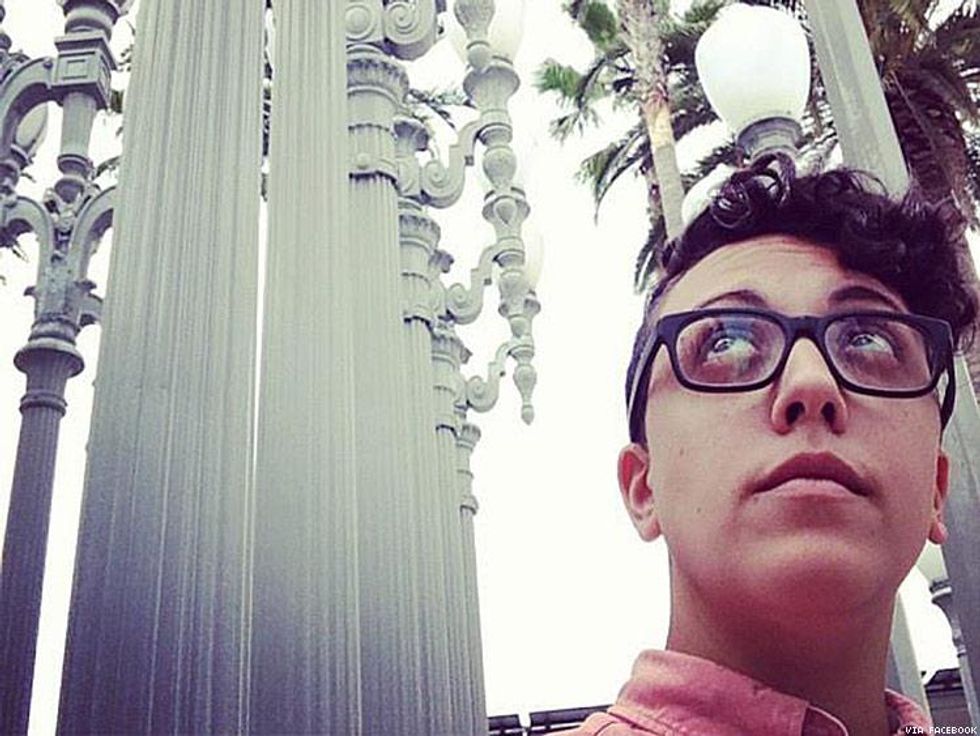
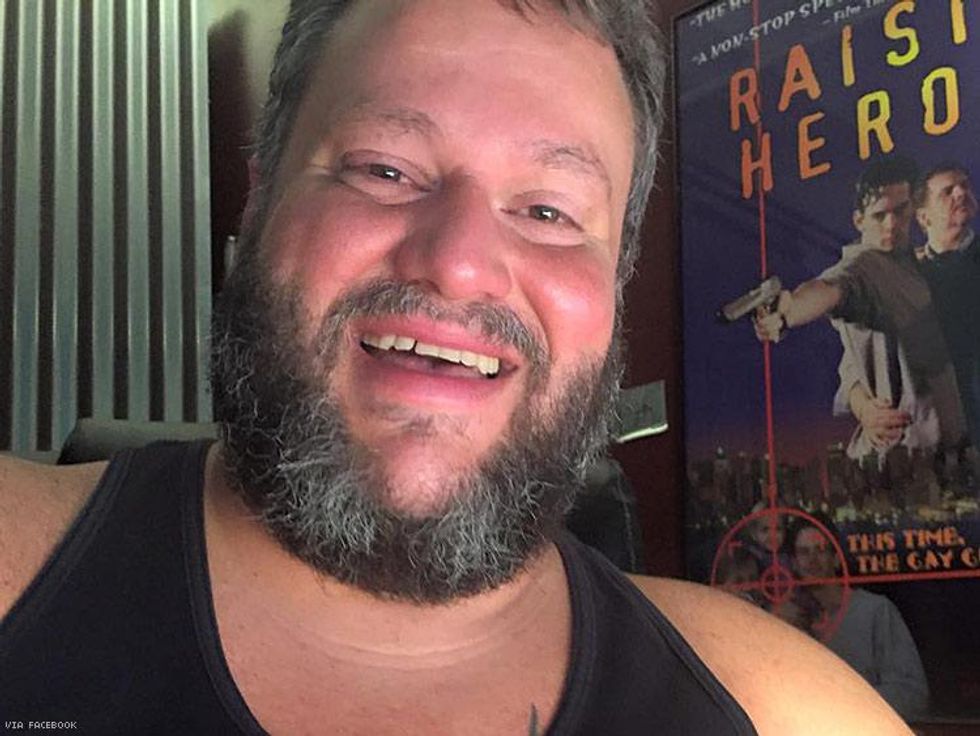

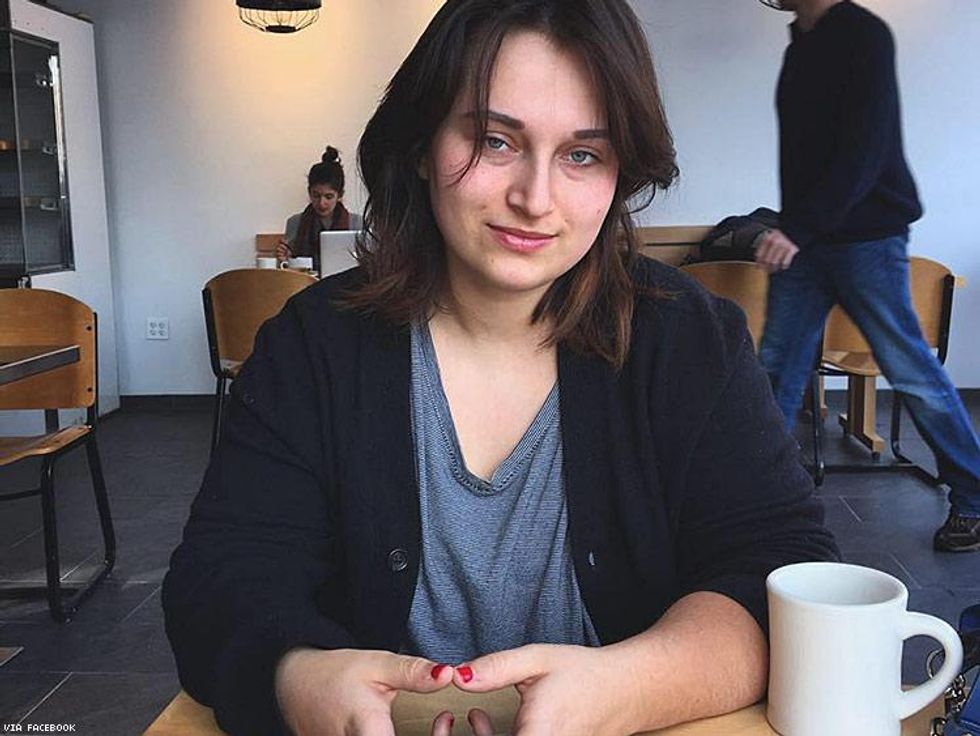
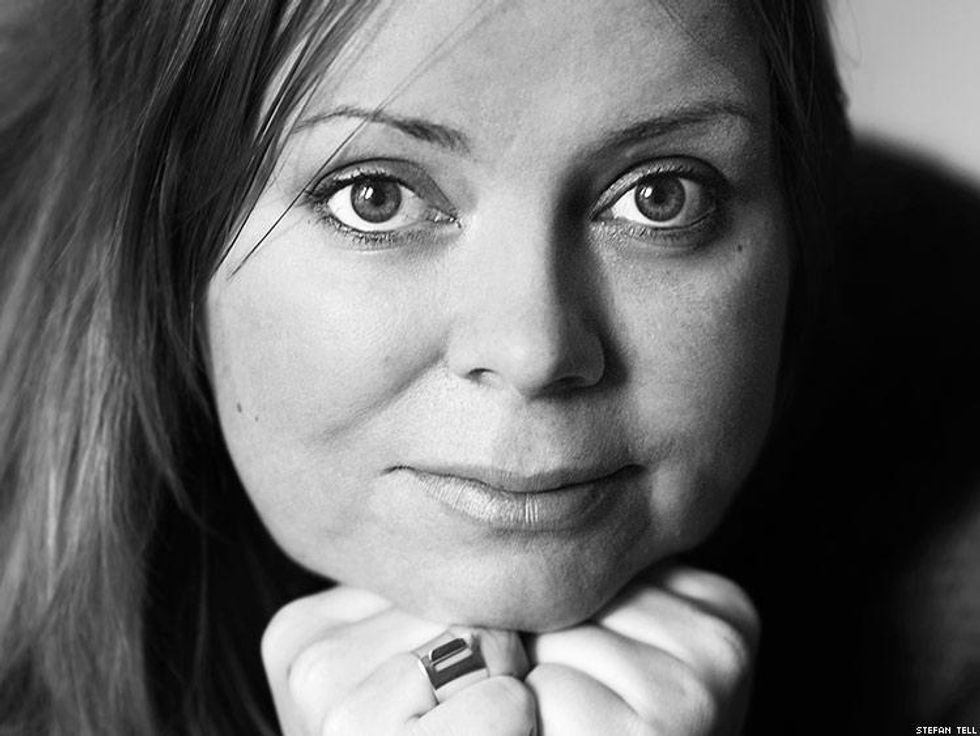
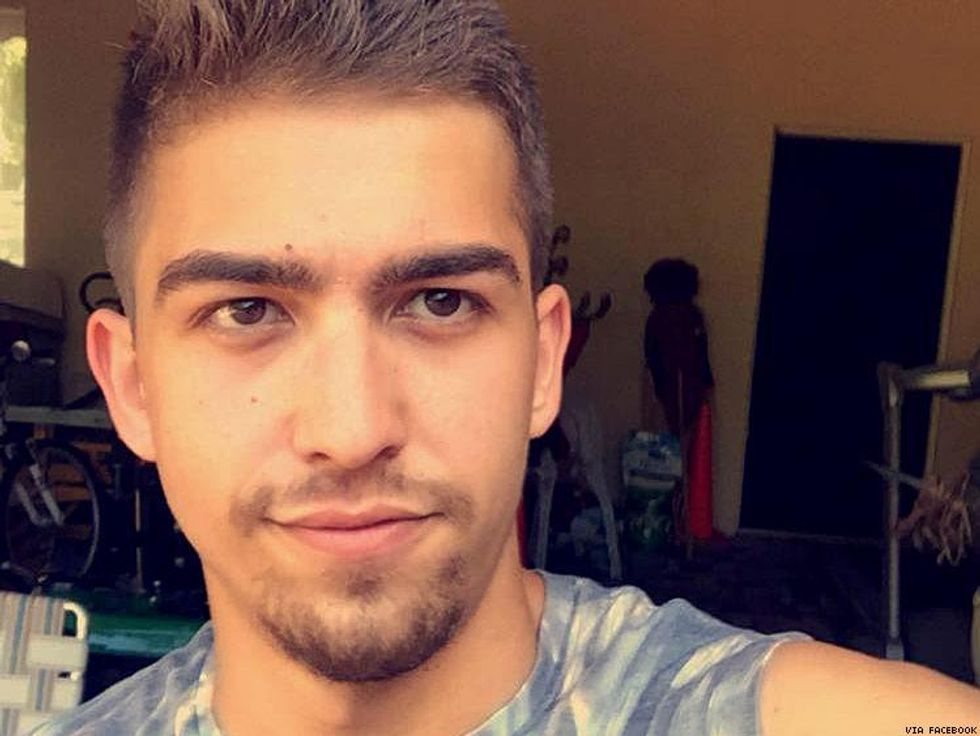
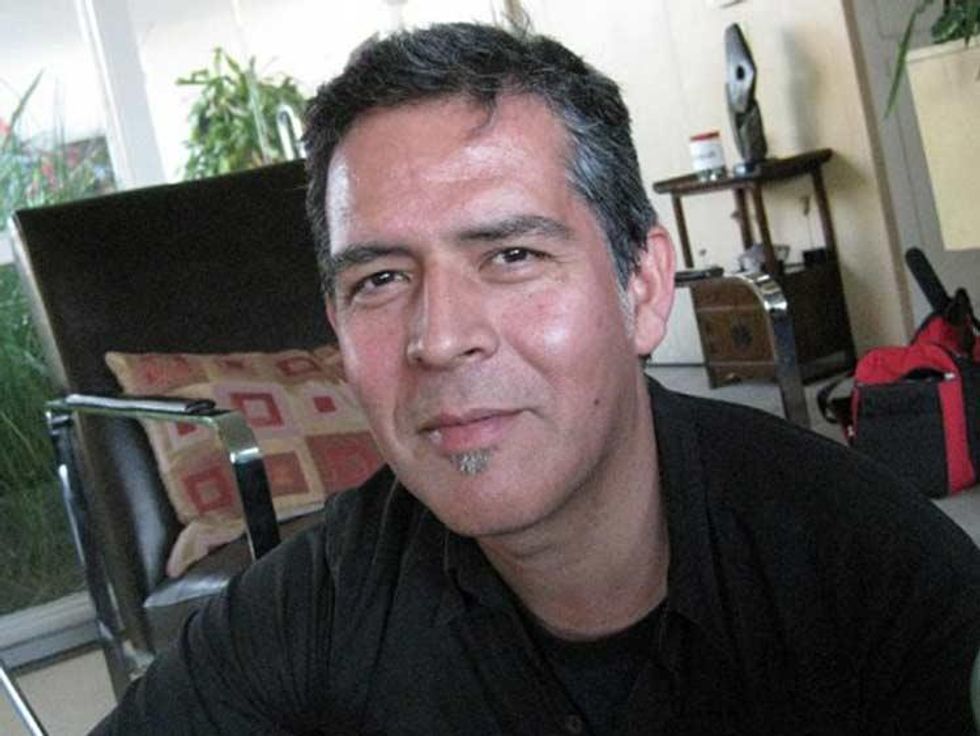
dnlreynolds
dnlreynolds
More Galleries
12 movies to watch if you loved ‘Red, White & Royal Blue’
October 27 2025 6:02 PM
LGBTQ+ History Month: 33 queer movies to watch on streaming
October 02 2025 9:02 AM
Drag Me to the Catskills: A weekend of camp and comedy in the woods
May 29 2025 8:30 PM
Boys! Boys! Boys! podcast: A new voice in queer culture
May 01 2025 5:03 PM
Cobblestones, castles, and culture: Your LGBTQ+ guide to Edinburgh
April 30 2025 12:44 PM
Daniel Reynolds
Daniel Reynolds is the editor of social media for The Advocate. A native of New Jersey, he writes about entertainment, health, and politics.
Daniel Reynolds is the editor of social media for The Advocate. A native of New Jersey, he writes about entertainment, health, and politics.





